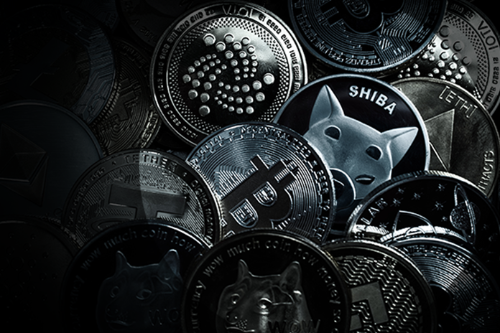For many people, cryptocurrency and the blockchain where transactions are logged and visible to everyone seem to offer the kind of security that fiat currency can’t offer. That can be very reassuring. But that doesn’t mean owning crypto completely protects you from scammers.
Where there’s value, there will be scammers. And crypto is no different. Crypto scams fall into one of two basic types. In the first, scammers use tried-and-true methods to get hold of your passwords or account to access your digital wallet. In the second, scammers tell a tale to get you to willingly transfer your cryptocurrency directly to them.
Like all scams, avoiding crypto scams takes common sense. Never give your crypto keys to anyone, for any reason. Don’t offer personal information to someone you haven’t met in person. Don’t fall for urgent demands or threats for money. And never get taken in by stories of incredible investment returns. If you do, contact the FBI Internet Crime Complaint Center.
Crypto may be safe, but once it’s gone, there’s no way to get it back.
Five types of crypto scams to watch out for
-
Investment schemes: There are several variations of these scams. Some involve investment managers or “celebrities” offering eye-popping returns on cryptocurrency trading or investing. This includes Initial Coin Offerings (ICOs) and Non-fungible tokens (NFTs).
-
Business opportunities: In these types of scams, you’re asked to contribute capital in the form of crypto for a business venture or to participate in a crypto mining operation. In every case, your “investment” and your future business partners disappear along with your crypto.
-
Fake employment offers: In these scams, you’re contacted by a fake job recruiter offering a unique or interesting job with an enormous salary. But there’s a catch. The job requires specialized training that must be paid for in cryptocurrency.
-
Crypto giveaways: You can find hundreds of posts on social media promising bitcoin giveaways, with many connected to what appear to be celebrity accounts. Clicking on the link takes you to a fake site where you must verify your information, giving the scammers access to your crypto
-
Blackmail and extortion: An old-school scam where blackmailers claim to have a record of your visits to adult websites or other illicit content. The scammers threaten to expose you unless you share the keys to your digital wallet or crypto.
Helping you avoid cryptocurrency scams is another way Credit Union ONE is helping to keep you and your money safe.

